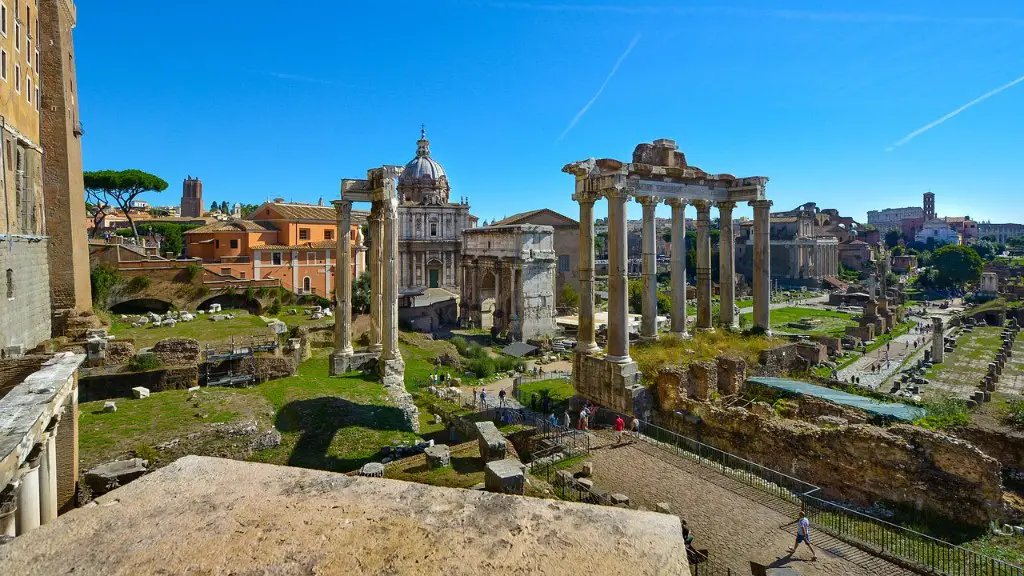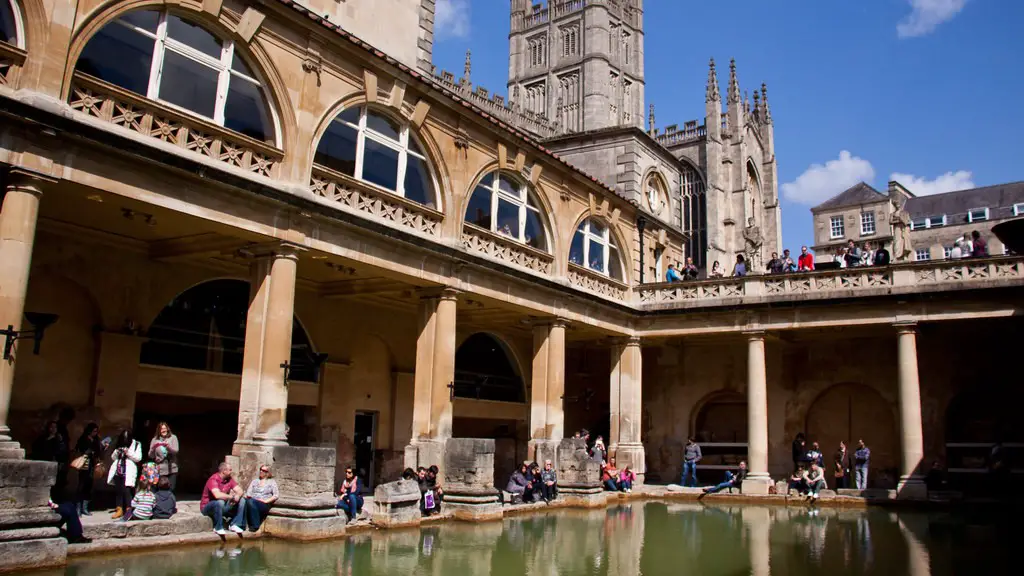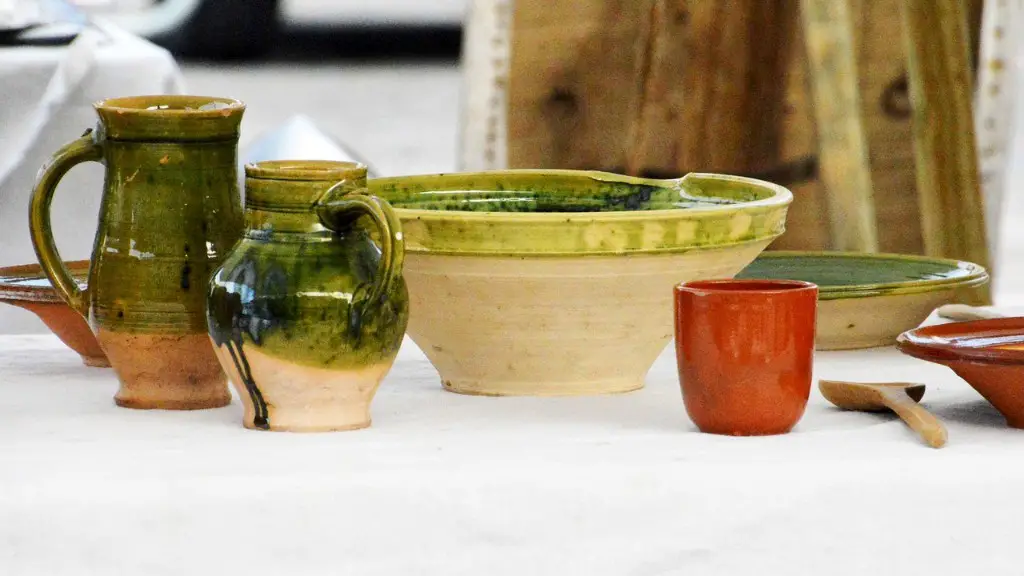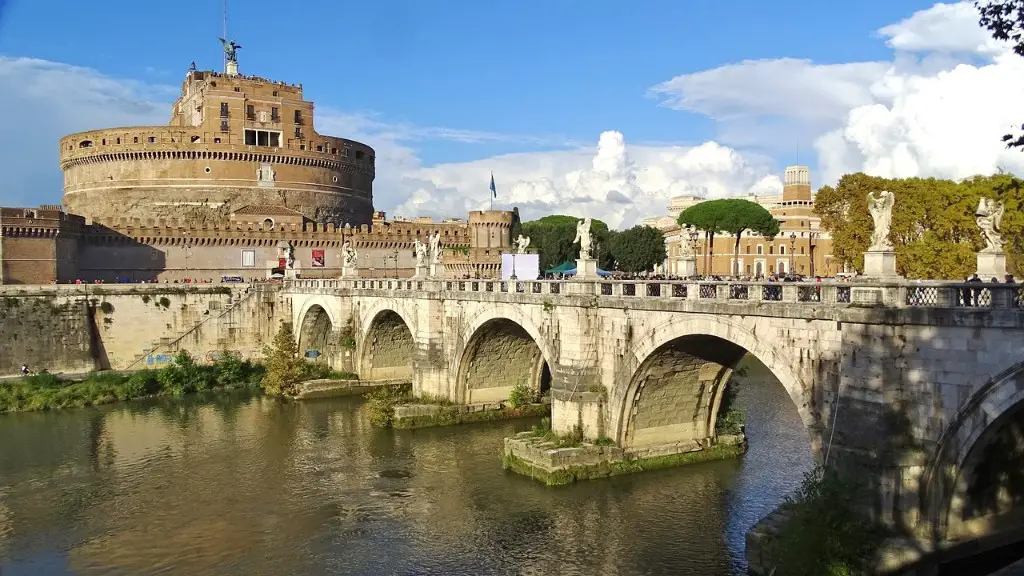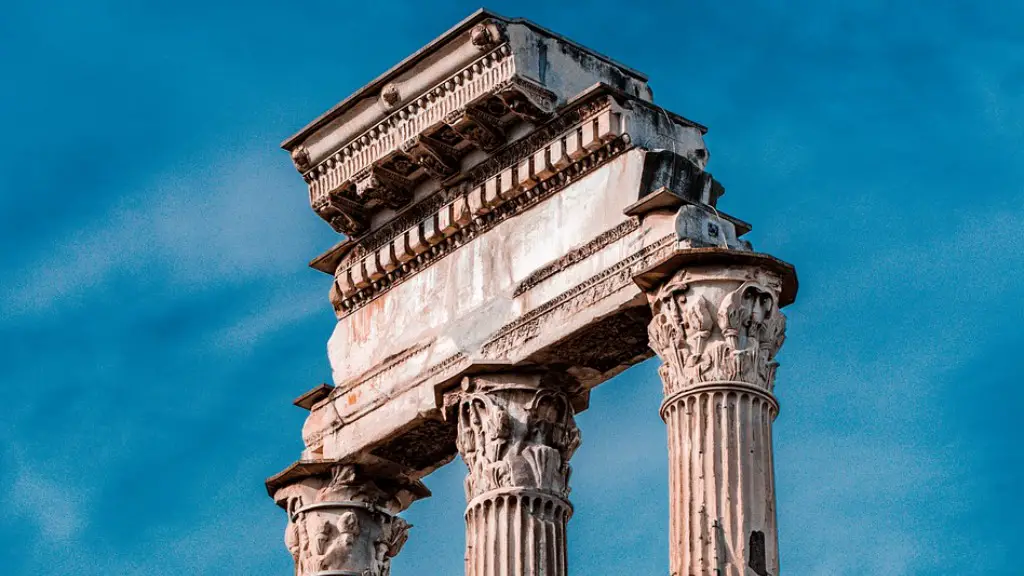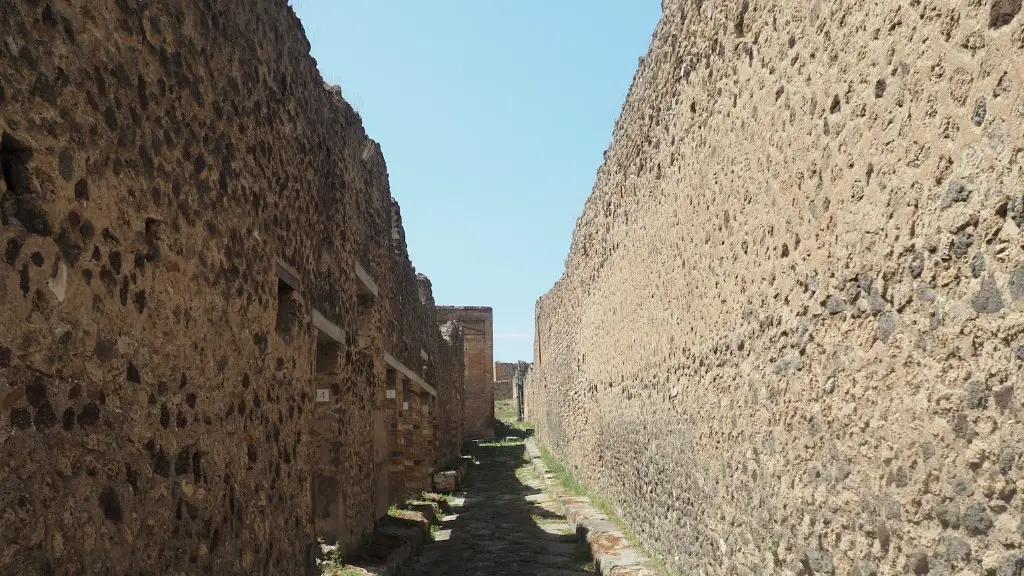Magic Spells in Ancient Rome: A Historical Overview
Ancient Rome was a civilization defined by religious customs and magical practices. Magic spells were a significant part of ancient Roman culture; in fact, it is estimated that up to 80 percent of the population regularly used magic in some form or another. Magic was used in everyday life by ordinary people, including slaves, wealthy nobles and members of the court. It was also used for healing and for protection of both people and their possessions.
Magic in Ancient Rome was divided into two main divisions: private and public. Private magic was done by individuals, while public magic was done in community settings. Private magic was used for personal reasons, such as improved luck, better health, or fortune. Public magic was often performed for the benefit of the state and its citizens. This included rituals to prevent bad harvests and protect against enemies. Magic was also used for recreational purposes, such as the making of artificial gods and images in clay.
The main source of magical rituals in Ancient Rome came from the Greeks. These rituals were often adapted to fit the needs and beliefs of the Romans. Magic rituals were also taken from other cultures, including the Egyptians. Much of the magical practices of the Romans were done in secret and often involved animals, plants and herbs, symbols, and images.
In ancient Rome, spells were used for a variety of purposes, ranging from healing the sick to invoking protection or fortune. These spells would often be accompanied by incantations and sacrifices to appease the gods or spirits. It was believed that magic could help people control the supernatural and influence their lives. Many spells were used to ward off evil spirits or illnesses, while others were used to bring good luck. For example, it was believed that a spell had to be chanted to create a good harvest.
Magic spells in Ancient Rome were often tied to religious observances. Magic was often used to call on the spirit of the gods and to interpret the will of the gods. Since the gods were believed to be the source of all that was good and bad, their power was invoked for personal gain. Powerful priests, called magi, were specially trained to interpret the gods, interpret dreams, and interpret oracles.
Despite the fact that magic was widely practiced in Ancient Rome, it was also heavily condemned by some of the most influential members of society. The Roman government, led by the Senate and Emperor, had strict laws against the practice of magic. These laws punished those who were found guilty with fines, imprisonment, and even the death penalty.
Magic in Ancient Rome has been and continues to be a source of fascination for many. The story of magical practice in the Roman Empire continues to attract historians and academics, who seek to unlock the secrets of Roman-era magical rituals. While some of these rituals and spells may have been seen as superstitious or even outrageous by our modern standards, it is important to remember that magic was an integral part of ancient Roman life.
Types of Spells and Rituals
In Ancient Rome, magic spells and rituals focused on a variety of subjects, ranging from protection against enemies to fertility and crop growth. Many spells required the use of herbs and plants, as these contained powerful magical properties. Magicians would also often invoke the spirits of gods and goddesses to do their bidding. Common rituals included the making of images representing gods and other powerful figures, using them for protection or the healing of others.
In addition, it was believed that the gods could be summoned to grant wishes and solve problems. Spells were also used to curse enemies, cast out bad luck, or bring love and prosperity. Protective amulets and talismans were also common in Roman culture, often inscribed with special incantations to ward off bad luck or evil spirits.
In Ancient Rome, magical spells and rituals were often used to protect against illness and pain. An example of this is the use of bellium, a type of magical charm made of bronze, which was believed to ward off disease. Medea, the daughter of King Aeetes of Colchis, was renowned for her skill in curing disease through the use of magical spells and herbs. In some cases, magical spells and rituals became an accepted part of Roman medical practice.
Roman magicians were also skilled in the art of prophecy. This could involve interpreting omens or divining the future. Those who had specialized knowledge of rituals and spells were also able to perform sorcery, a practice which was closely guarded and kept secret. This practice was always met with suspicion and fear from the Roman authorities.
The Connection of Magic and Religion
Magic and religion were closely intertwined in Ancient Rome. The gods and goddesses were an important part of Roman life and citizens would often seek their guidance in matters relating to health, luck, fertility, and protection. Though many of the magical practices were discouraged, religious ceremonies involving rituals and spells were allowed and even encouraged.
In addition, it is believed that the practice of magic had begun in Ancient Rome long before Christianity was first introduced. This is evidenced by references to magical practices and rituals in early Roman literature, such as Ovid’s “Metamorphoses” and Pliny the Elder’s “Natural History”. Magical practices in Ancient Rome often overlapped with religious practices, as magical spells and rituals were often used to placate and solicit the favor of the gods.
The power of religion and magic was so pervasive in Ancient Rome that it is said that even the most powerful Emperors sought the advice of prophets and magicians. It was believed that they had access to divine knowledge through the gods, which could be used to make decisions and determine their future success.
The Decline of Magic
As Christianity began to spread across the Roman Empire, the practice of magic spells and rituals gradually declined. Despite this, there are still accounts of magical practices in the Middle Ages and afterwards, as evidenced by the works of twelfth-century authors such as Gerald of Wales and Milton’s “Paradise Lost”.
The decline of magic in Ancient Rome is also attributed to the laws enacted by the Roman government which sought to prevent its practice. This eventually resulted in the persecution of anyone who was suspected of engaging in magical activities, leading to a decrease in magical practices and a decline in their popularity.
While magical practices have declined in recent centuries, the influence of magic in Ancient Rome can still be seen in many aspects of modern life. Many aspects of traditional Italian culture have been shaped by Roman influence, and many of the modern magical practices have their roots in ancient Rome. The use of amulets, charms, and even curses can still be found in Italian culture today.
The Legacy of Magic Spells in Ancient Rome
Ancient Roman magic spells and rituals are seen by many as an important part of their cultural heritage, and these elements continue to be seen in both traditional and modern Italian culture. Magical practices were an integral part of Ancient Roman culture and these practices continue to influence us today. While it is true that these practices may have been seen as superstitious and risky by modern standards, it is important to remember that they were an important part of everyday life for many people in Ancient Rome.
Since Ancient Rome, magical practices have evolved and become intertwined with several other spiritual and religious practices. In the modern world, many people still practice some form of magic, be it modern Witchcraft or traditional Wicca. Magic has also become more widely accepted, with some scholars claiming it is a valid scientific practice and no longer seen as a form of superstition.
The Role of Magicians in Ancient Rome
Magicians in Ancient Rome were respected members of society. They were respected for their knowledge of esoteric practices and for their ability to predict the future. They were seen as guardians of the Roman people, providing them with protection and guidance. Magic was seen as a necessary force, with magicians believed to be able to access the powers of the gods and spirits and use them for either good or evil.
In Ancient Rome, magicians were often consulted by the wealthy and powerful. Julius Caesar is said to have consulted Apollo’s Oracle of Delphi before his death, seeking advice on whom he should befriend and which battles he should fight. Many Roman emperors also sought the advice of magicians, as they believed in their power to access and control the supernatural.
It is important to remember that Ancient Roman magic and its practitioners should be seen in the context of their culture, beliefs and values. Magic was and still is an important part of many cultures and civilizations, and its practice in Ancient Rome is indicative of how much value the people placed on its power.
Modern Practices of Roman-Style Magic
Today, many people who are interested in Ancient Roman magic and its rituals still practice some form of magic influenced by it. This can include a variety of traditional and modern practices such as spell casting, divination, and use of amulets, charms, and talismans. Many of these practitioners have studied and researched the practices of Ancient Rome in order to understand and utilize it in their own lives.
In addition, there are now a variety of websites and books dedicated to the art of Ancient Roman magic. These can provide detailed information on spells and rituals, as well as contribute to our understanding of their historical context and significance. As more and more people become interested in this ancient practice, its influence on modern culture and magical practices continues to grow.
Conclusion
Magic spells in Ancient Rome were a significant part of the culture and were seen as a way to access the power of the gods. These spells and rituals were used for a variety of purposes, ranging from healing the sick to invoking protection or fortune. Despite being heavily discouraged by some of the most influential members of society, it is believed that up to 80 percent of the population practiced some form of magic. Magic in Ancient Rome is still an important part of Italian culture, and its influence can still be seen in modern practices of magic.
